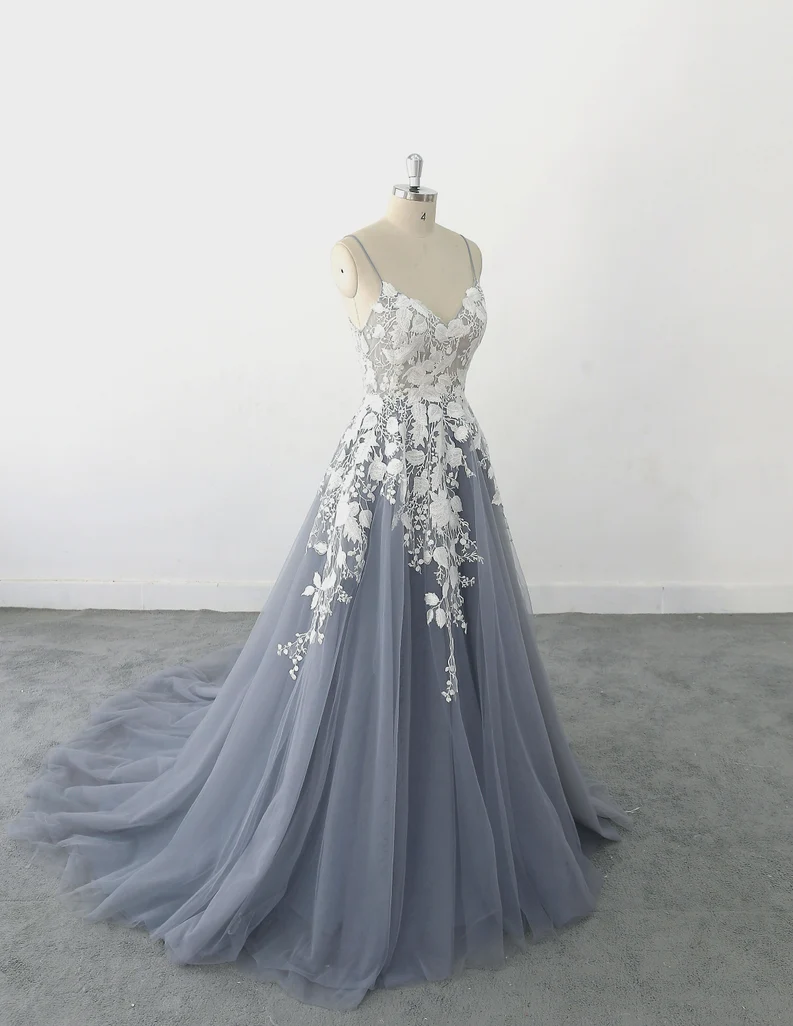
Shopping for a second-hand wedding dress can be a wonderful way to find your dream gown at a fraction of the cost. To help you make an informed and confident purchase, here are some essential tips and tricks:
Assessing Dress Condition
Before falling in love with a pre-loved dress, it’s crucial to carefully inspect its condition:
- Examine the Fabric: Look for any signs of wear and tear, such as stains, discoloration, or fabric pulls. Pay close attention to areas like the hemline and underarms, which can show signs of use.
- Check the Seams and Beading: Ensure that all seams are intact and that any beading or embellishments are securely attached. Loose threads or missing beads can often be repaired but factor in any potential costs.
- Inspect the Zipper and Fastenings: Make sure the zipper works smoothly and that all buttons or hooks are present and functional.
Understanding Different Fabric Types
Knowing the different types of fabric can help you make a better decision:
- Silk: Luxurious and elegant, silk is often used in wedding dresses. It’s smooth and flows beautifully but can be prone to wrinkles and stains.
- Lace: Delicate and romantic, lace adds a timeless touch to wedding gowns. Check for any tears or fraying, especially if the lace is vintage.
- Satin: Satin has a glossy finish and is thicker than other fabrics, making it ideal for structured gowns. It’s durable but can show creases.
- Tulle: Often used in skirts and veils, tulle is lightweight and airy. Look for holes or snags, which can sometimes be hidden in the layers.
Ensuring a Good Fit
Achieving the perfect fit is key to feeling amazing on your big day:
- Know Your Measurements: Have your current measurements handy, including bust, waist, hips, and length from shoulder to hem. Compare these with the dress’s measurements.
- Consider Alterations: Most second-hand dresses will need some alterations to fit you perfectly. Factor in the cost and time for tailoring when setting your budget.
- Try Before You Buy: If possible, try on the dress before purchasing. If buying online, ensure there is a return policy in case the dress doesn’t fit as expected.
Additional Tips
- Set a Budget: Decide how much you’re willing to spend, including potential alteration costs.
- Research the Seller: Buy from reputable sources, whether it’s a dedicated second-hand wedding dress shop, a trusted online marketplace, or a bridal consignment store.
- Ask Questions: Don’t hesitate to ask the seller for more details or additional photos to get a better idea of the dress’s condition.
Buying a second-hand wedding dress can be a sustainable and cost-effective way to find the perfect gown. With these tips, you’ll be well-equipped to make a confident and informed decision. Happy dress hunting!
